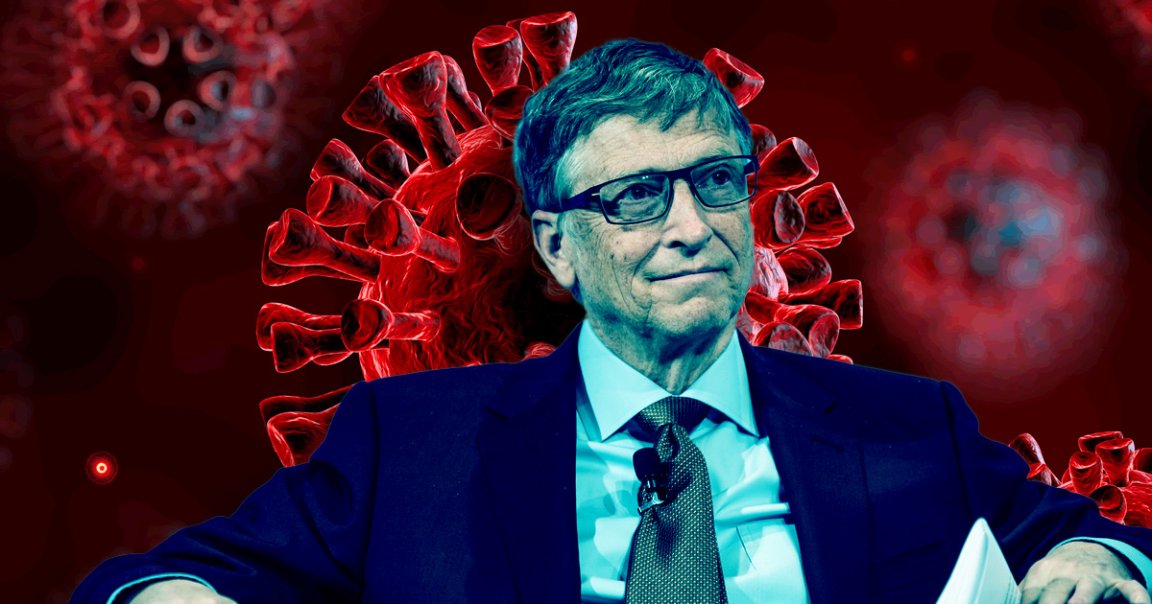
In a chat with Derek Muller’s popular YouTube channel Veritasium, Microsoft co-founder and philanthropist Bill Gates said that the world is facing two big threats: climate change and bioterrorism.
Gates predicted that investing “very little in a system to stop an epidemic” would end in disaster during a 2015 TED Talk, almost five years before the current coronavirus pandemic. “If anything kills over 10 million people in the next few decades, it’s most likely to be a highly infectious virus rather than a war,” Gates said at the time.
He turned out to be correct. So far, the coronavirus has claimed over two million lives globally.
The next outbreak could be even worse, he says — and it could come from a source intentionally trying to seed disaster.
“Also related to pandemics is something people don’t like to talk about much, which is bioterrorism, that somebody who wants to cause damage could engineer a virus,” Gates said during his interview on the Veritasium channel.
“So that means the chance of running into this is more than just the naturally caused epidemics like the current one,” he added.

But that doesn’t mean we can’t prepare ourselves for the next pandemic. Death tolls could be greatly reduced substantially, Gates argued, if we invest in research and increase testing capabilities.
“We don’t know when the next one will strike, or whether it will be a flu, a coronavirus, or some new disease we’ve never seen before,” Gates wrote in his annual Bill and Melinda Gates Foundation letter late last month.
“But what we do know is that we can’t afford to be caught flat-footed again,” he wrote. “The threat of the next pandemic will always be hanging over our heads — unless the world takes steps to prevent it.”
It’s unusual for Gates to call out bioterrorism as a threat specifically. As he points out himself, it’s a taboo subject [good phrasing] that gets little mainstream attention.
The issue has been highly politicized during the ongoing coronavirus pandemic, with world leaders including former US president Donald Trump spreading conspiracy theories that COVID was engineered in a lab.
In reality, there’s been plenty of evidence that it wasn’t. Most recently, a team send by the World Health Organization to China to find the source of the virus earlier this month concluded that it was “extremely unlikely” that the virus escaped from a lab in Wuhan, China.
But that doesn’t mean the next pandemic won’t be caused by a bad actor, Gates argued. In fact, the looming threat of an intentionally caused epidemic should only reinforce our commitments to prepare for the next big threat.